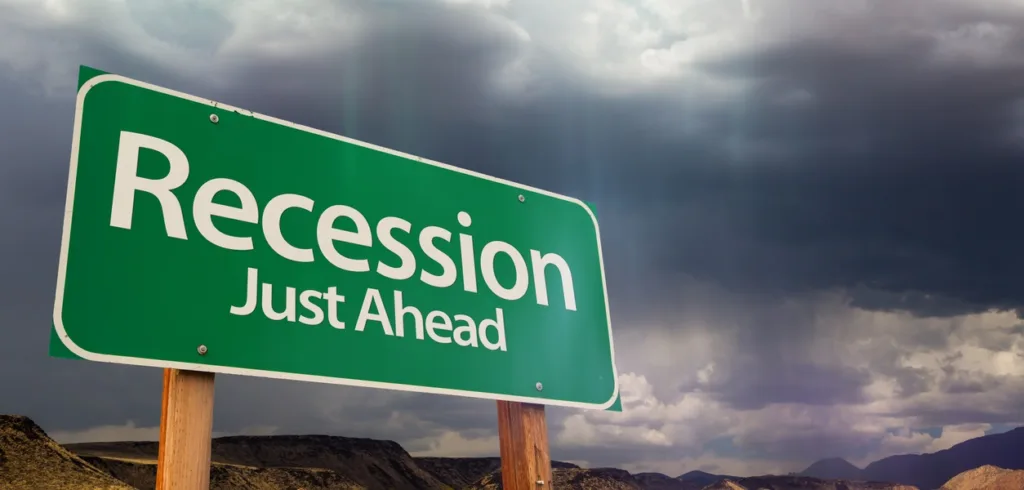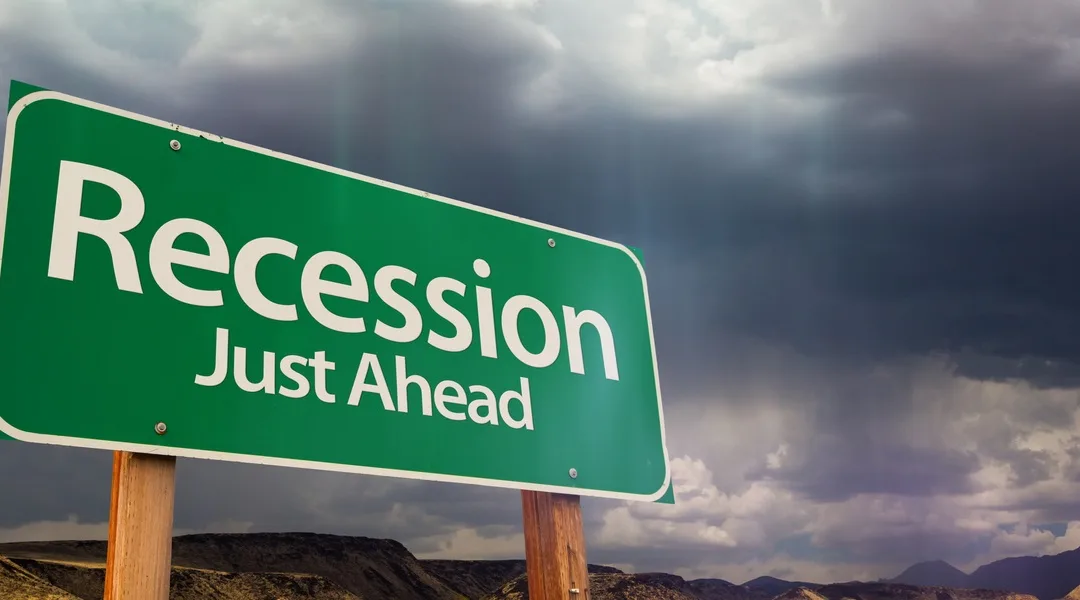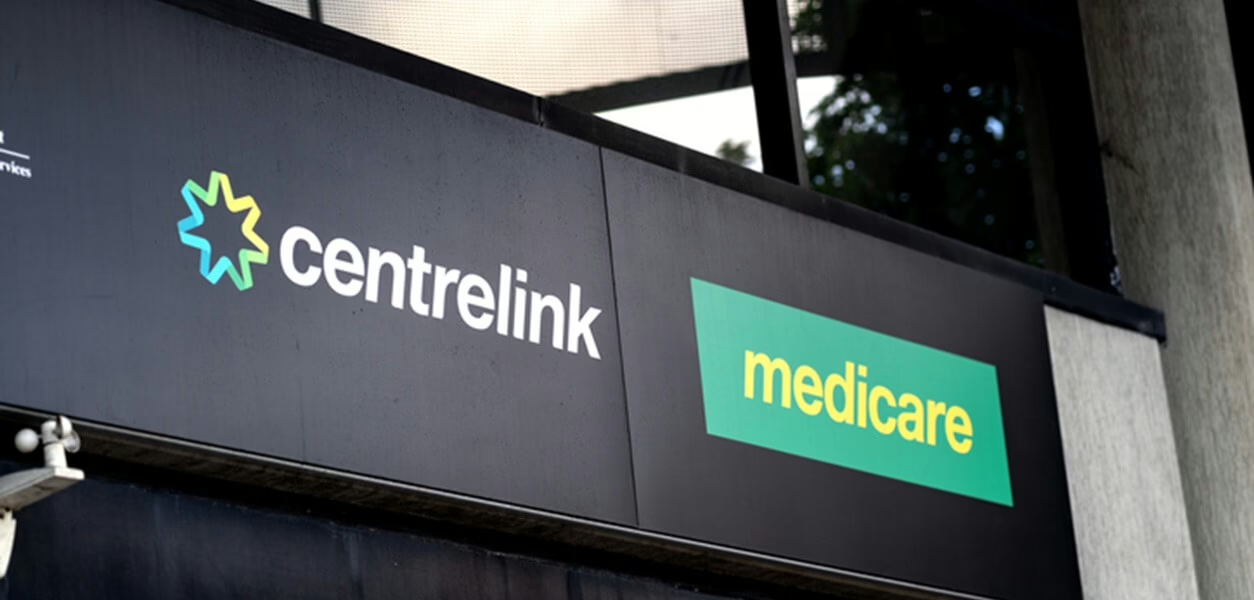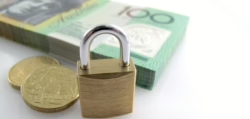
What does this mean for retirees?
We’re posing two big questions today and they are very different propositions. Let’s start with first things first, by defining the concept of recession and what it means in a general sense.
The International Monetary Fund (IMF) defines a recession as two consecutive quarters of decline in a country’s real (inflation-adjusted) Gross Domestic Product (GDP)—the value of all goods and services a country produces. The most recent quarter of GDP was to end March 2023, when our GDP rose 0.2 per cent (seasonally adjusted) and by 2.3 per cent compared to the March quarter 2022 (Australian Bureau Statistics).
So we cannot, by definition, be in a recession yet. And we would need to have experienced two full quarters of negative growth to tick this box.
There is little doubt however that there is a lot of economic uncertainty right now and many commentators talk about a downturn. But even during the Global Financial Crisis (GFC) of 2007-2008 Australia did not go into recession.
Will a recession inevitably arrive?
Not necessarily. Yes, most of the economists from our major banks are suggesting that this will happen over the next 12 months or so and there is a reason for this. There is general agreement that interest rate hikes designed to quell inflation often take 12-18 months to have a strong effect. So there is a lot yet to play out in response to the 12 rate increases brought down by the Reserve Bank in just over 13 months. Those economists who say we have a 40-50% chance of recession point to weak retail spending, volatile jobless rates and low building approvals. Yet others note our record exports and high migration as mitigating factors. The short answer is that no one has a crystal ball, but consensus is that we are heading into a significant economic downturn, if not quite meeting the technical definition of a recession.
Who suffers most in a recession?
There is no simple answer, but those often at most risk are younger workers and male workers in the hardest hit industries, including construction and hospitality and some business owners. Clearly any wage earner who loses their only form of income is very exposed. Should they also be mortgage holders, the problem is compounded.
How do retirees fare?
Those retirees who receive an Age Pension are largely protected from the economic headwinds, as their payments are indexed and so will be adjusted every six months to ensure they are not left behind wage earners or overly disadvantaged by inflation. Most retirees will probably not be dependent upon a salary or wage and as the jobless rate remains at an all-time low, it seems that there is work there to be had, if needed. Separately, the expanded Work Bonus credit means retirees can now earn more than ever before without affecting their Age Pension entitlements.
Those retirees who are self-funded may see drops in their net assets as equities and property values soften. On paper, they will look much poorer. But unless they are compelled to realise these lower values by selling, they will probably be able to ride out a one-two year downturn and hopefully recover asset values in a relatively short time.
All retirees who are currently invested in cash will be receiving better interest than they have for many years- maybe 5-6%. Those on a full or part Age Pension may be deemed to receive either 0.25% or 2.25% on these investments – and this deeming rate is frozen by Centrelink until 1 July 2024.
What can you do to protect yourself?
Everyone’s situation is different, but some principles apply across most situations.
Should Australia dip into recession for the first time in 30 or so years many people will be hurt by this. Acknowledging this is a possibility is helpful. But stressing is not. Taking a longer view is probably your best strategy. But how do you do this?
Here are three suggestions:
- First do an audit of your current financial situation. Are you comfortably covering household costs or are you living on the edge? Have you projected how your savings and likely pension earnings will combine over your expected life span? How do these numbers look? Are you carrying debt? Is it still manageable? Are you working? Could you, would you work more? How’s your spending? Has it blown out? Can you trim any outgoings?
- Secondly, check that you have 100% maximised your savings and your entitlements. We’ve shared ways of doing this many times, but start with your current Age Pension status, review it, and then measure how it combines with any super drawdowns? Avoiding knee-jerk sales of major assets is also usually a good plan, as assets often recover more quickly than most of us expect.
- Project again. Remember that just as downturns can start, so they can end. And as they do, there is value to be had in investment markets, particularly shares. Seek advice to create a longer term spending and saving plan so you feel more able to weather the storm should the economy hit ill winds again.
The above suggestions are very general – they have to be. That’s because every single Australian retiree has a different situation and very different rules and opportunities will apply.
But the fundamentals don’t vary very much. Taking a long view of your savings and income, making considered and informed decisions, and keeping yourself totally up to date with market conditions and your own balance sheet is the best way to stay financially fit.
Retirement Essentials offers many different tailored consultations for those seeking bite-sized advice to manage their retirement income and entitlements. Here are some that may suit you if you would like to undertake a guided review of your retirement income possibilities.
- Retirement Forecasting (Compare two scenarios of how your assets and income will look during your retirement journey).
- Understanding more about super (Assess the options to help make your super work better for you).
- Maximising your entitlements (Assess any changes you might be able to make to maximise your Centrelink entitlements)
- Understand impacts of your home mortgage (look at the benefits of repaying or maintaining your mortgage in retirement)
What’s your view?
Do you believe Australia is sliding into recession? Or is there a glass half full out there?






This is all so confusing we are relying on frequent contact with Retirement essentials to guide us through and this working for us
Hi Russell, thank you for sharing your feedback and I hope we can continue to help guide you through your retirement journey.
Hi,
I have been following your info for about 12 months now and really appreciate the info and advice given. Please keep up the good work.
Thanks for all your valuable info. i have a question about monry invested in a term deposit. The monthly interest is paid into a bank account for my use but I wonder is it better to put into my super acct instead?
Hi Sue, it is great to hear you are finding good value in our articles and thank you for reaching out. Sounds like you are seeking guidance on ways to manage and maximise returns on your existing investments. Contributing into super may be a suitable option however, there are allot of things to consider before making a decision. We can go through the potential benefits, possible consequences and/or other strategies which may be available to you in our ‘Understanding Superannuation’ consultations. You are able to book one of these by clicking here. Thanks, Megan
As a baby boomer I have limited super savings and am retired. I have this balance invested at average risk, still in the same super fund as when I was working. As it is all I have, how can I make it safe if there is a recession.
If the recession happens and runs for 2 years surely any self-funded retiree who has an allocated pension (eg an industry fund) and does not have 2 years minimum pension sitting as cash in their fund will be compelled to sell investments (the fund will automatically do this if investments are balanced or share index) when the market “softens” to be able to satisfy the minimum pension during a 2 year recession?